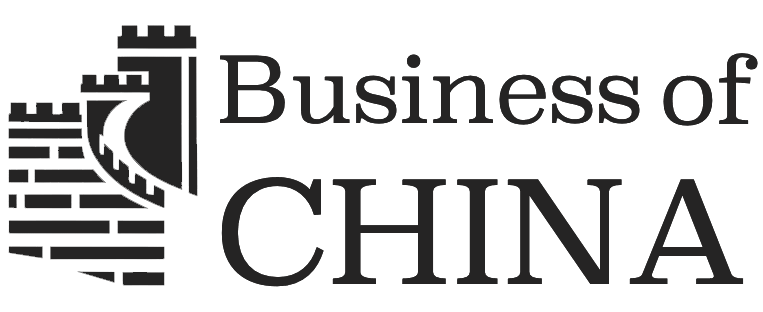The main difference between trade companies in Shanghai lies in their business structures, operations, and market penetration.
1. Business Structure:
Trade companies in Shanghai typically operate as trading entities or intermediaries between buyers and sellers. Some common types of trade companies in Shanghai include:
– Importing Companies: These companies import goods from other countries into China. They may also handle customs clearance, which can be complex and time-consuming.
– Exporting Companies: These companies export goods from China to other countries around the world. They may also handle logistics such as shipping and customs clearance.
– Trading Houses: These are larger trading entities that operate in multiple industries and markets. They may specialize in a particular sector or product, or they may be more generalists with a diverse range of clients and sectors.
2. Operations:
Trade companies in Shanghai typically have well-established operations that enable them to efficiently manage their business activities, including:
– Supply Chain Management: Trade companies in Shanghai play a crucial role in managing the flow of goods through their supply chain. They may leverage technology such as e-commerce platforms and warehouse management systems to optimize the efficiency of the supply chain.
– Import and Export Compliance: Trade companies in Shanghai are required by law to comply with import and export regulations, including:
– Tariffs: Trade companies in Shanghai often trade goods between different countries, which can result in differences in tariffs between the buyer country and seller country. To manage these differences, trade companies in Shanghai may use a variety of tools, such as export price indexes (EPIs) or import price indexes (IPIs)), to calculate the difference in tariffs and other fees that may apply between the buyer country and seller country.
– Customs Duty: Trade companies in Shanghai are required by law to pay customs duties on goods imported into China. These customs duties are typically paid in cash or by making electronic payments using a credit card, debit card, or other electronic payment device.
– Other Fees: Trade companies in Shanghai may also be charged for various fees related to their business activities, including:
– Business License Fees: Trade companies in Shanghai may need to pay business license fees in order to operate legally as a trading entity or intermediary. These business license fees are typically paid in cash or by making electronic payments using a credit card, debit card, or other electronic payment device.
– Property Taxes: Trade companies in Shanghai may also be required to pay property taxes on their properties located within China. These property tax fees are typically paid in cash or by making electronic payments using a credit card, debit card, or other electronic payment device.
In summary, trade companies in Shanghai have distinct business structures and operations that enable them to efficiently manage their business activities, including import and export compliance, customs duty, business license fees, property taxes, among others.

